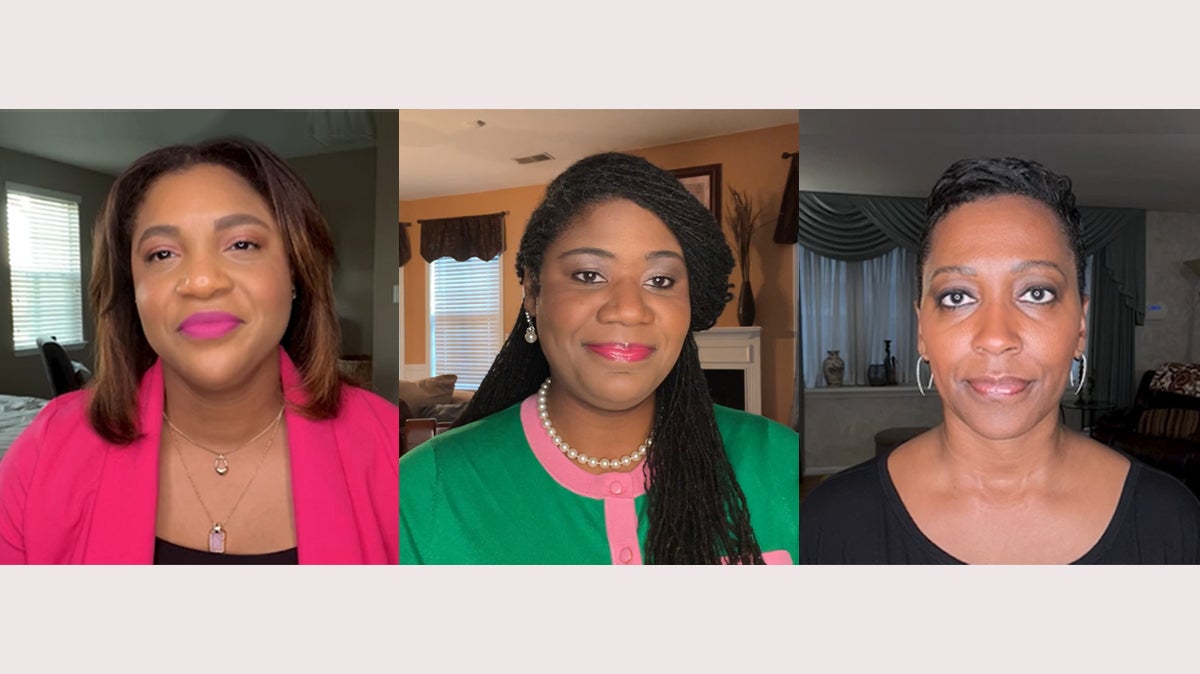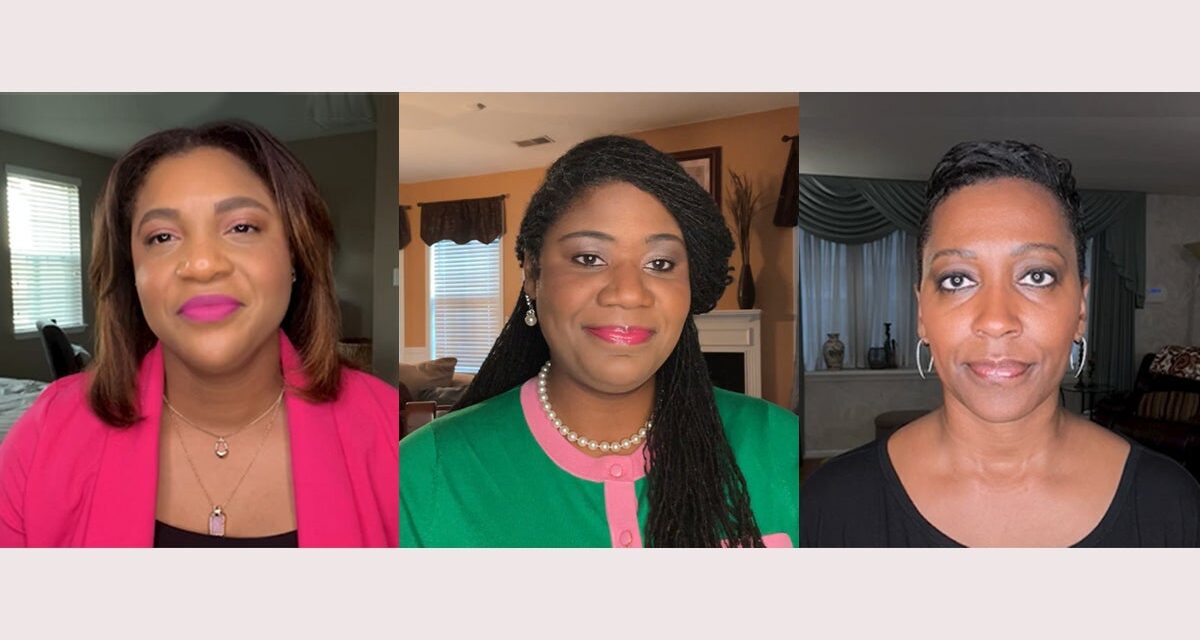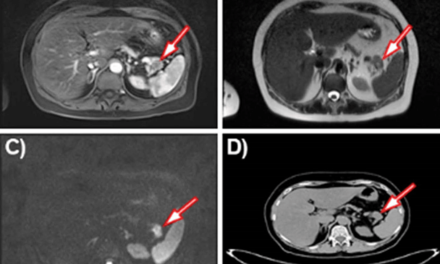
Sponsored By Bristol Myers Squibb
When 21-year-old Tamron Little learned she had malignant peritoneal mesothelioma, a rare form of cancer usually found in older white men, she was in shock. Little had been misdiagnosed a few months earlier, initially with a noncancerous fibroid tumor, common in young Black women and something that runs in her family. Now, Little was hearing she had only 18 months to live.
This news came soon after another major life event: Little had delivered her first child, a healthy baby boy named Caleb, five weeks earlier.
She had so many questions. Would she see her son turn two? Did anyone else with peritoneal mesothelioma look like her? How was she supposed to feel? Where could she turn for support?
Despite having a strong support system to help her, Little would soon succumb to the pressure that many Black women face to take care of everyone but themselves – known as the ‘Superwoman Complex.’
“It’s a dark road when you’re told you have cancer. You feel shocked and alone,” said Little. “I did not find my community until years later.”
Today, Little is an over 15-year cancer survivor with four beautiful children. She’ll be the first to tell you about her commitment to help others, particularly Black women, navigate cancer survivorship.
It’s why she, along with several other Black women, recently shared their stories as part of Bristol Myers Squibb’s Survivorship Today, an initiative that aims to help advance our collective understanding of what it’s like to live with cancer today.
Encouraging mental health conversations
Throughout Little’s journey, she found providers who helped her prepare for cancer’s physical challenges, but she could never have predicted the mental health challenges she would juggle.
“I definitely felt stigma from others associated with how I should look, act and feel,” said Little. “So, I coped with this challenging time the best way I knew how.”
It was a decade into her journey that Little finally took control of her mental health, which she continues to prioritize today.
“When you have cancer, it’s trauma on your body and your mind. It took a while for me to realize what I was going through, including my instinct to play Superwoman and my ongoing anxiety,” said Little.
Article continues after video.
Addressing feelings of shame
Crystal Champion says she, too, initially tried to be Superwoman when diagnosed with breast cancer in December 2019. Despite being a physical therapist specializing in cancer rehabilitation, she immediately felt an overwhelming sense of anxiety when asked about her cancer survivorship journey. So, she kept her circle small, only sharing what she was going through with a few others. Now, she wishes she had let more people in sooner.
“As a healthcare provider who coached others through their cancer journeys, I never expected to live this reality,” said Champion. “I am a single, Black woman, who prides myself in my independence. It took me a while to accept support outside my immediate family. My mental health was negatively impacted because I did not seek more support earlier.”
Tackling the Superwoman Complex
For nearly 20 years, Eucharia Borden, MSW, LCSW, OSW-C, FAOSW, Vice President of Programs and Health Equity, Family Reach, an oncology social worker, has seen symptoms of the Superwoman Complex among Black women living with cancer.
Throughout Borden’s career, she has worked with many Black women who avoided sharing what they were going through – even from their own families – because they didn’t want to be a burden.
“The fear of being a burden is such a detriment because we have people in our lives who want to be there for us, but we have to make the choice to allow them in,” said Borden. “It’s my job to help them understand how disclosure can help decrease their emotional distress and perhaps increase the support they’re receiving.”
Coming full circle
Today, Little, Champion and Borden advocate for Black women cancer survivors to not keep what they are going through to themselves. They believe that when people open up about their personal experiences, it positively impacts their cancer survivorship journeys and helps create more meaningful connections.
Little, Champion and Borden hope their stories will inspire other Black women to shed the weight of their Superwoman capes and prioritize themselves.
To learn more about their stories, visit SurvivorshipToday.com.





